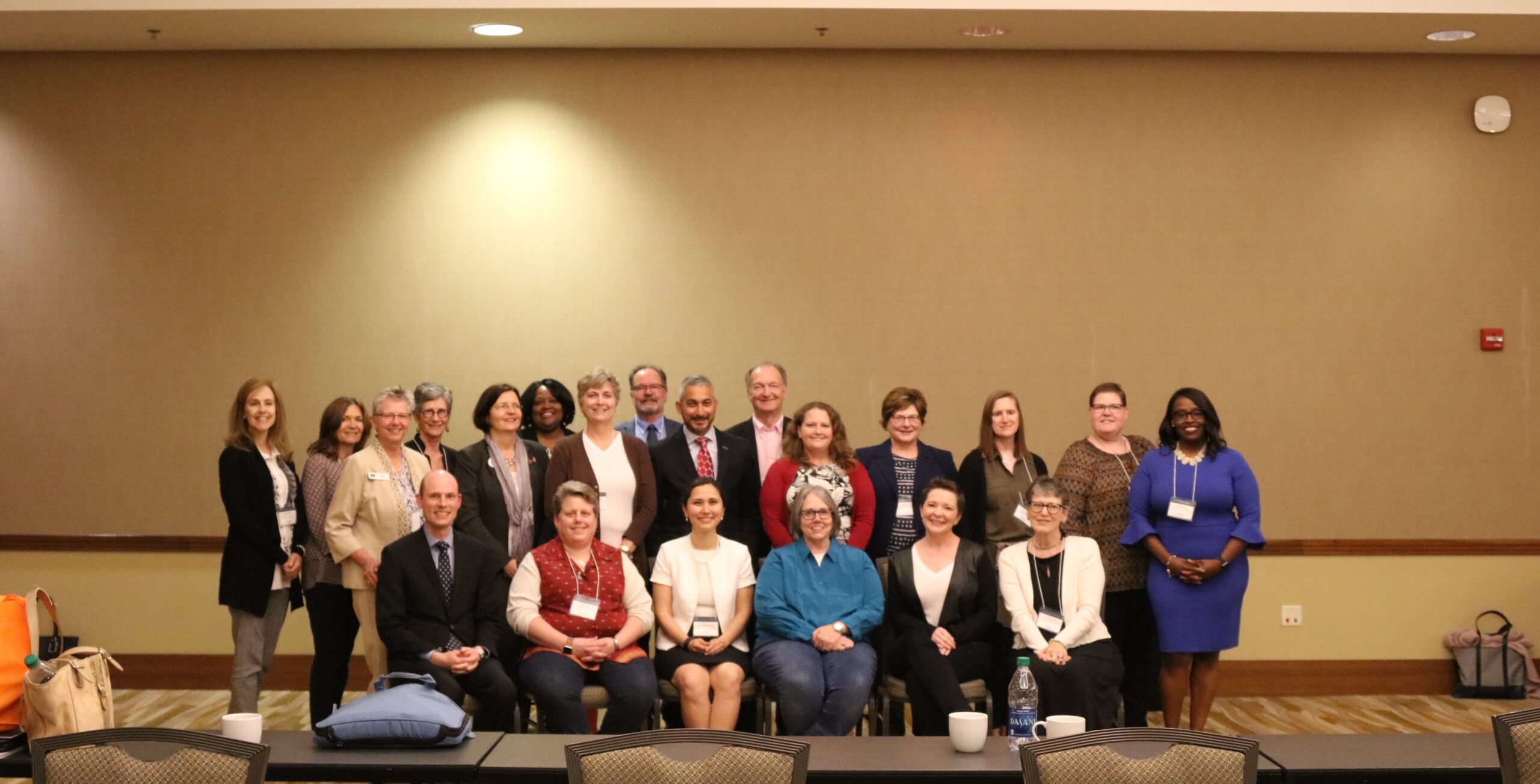Erik Nelson, Cancer Center at Illinois (CCIL) member and Associate Professor of Molecular and Integrative Physiology, and Illinois graduate student, Liqian Ma, recently discovered that a cholesterol metabolite hijacks immune cells to derail the body’s natural defense mechanism against breast cancer cells.
This research was inspired and impacted by the members of the Cancer Research Advocacy Group (CRAG), who provide researchers, like Nelson and Ma, with the cancer patient perspective.
“CRAG helps us form our research questions in such a way that they’re actually going to address real-world problems,” Nelson said.
Notably, the students in Nelson’s lab greatly benefit from the advocates’ insight. “We have the opportunity to directly talk to advocates and interact with patients, cancer survivors, or their relatives. In that sense, we had opportunities to have the firsthand message from the patients, which continues to inspire us to pursue this path and save more lives,” Ma said.
These CRAG members include S. Adams, L. Carson, and K. Bradham, whose experiences further highlighted the need for continued research of breast cancer metastasis and progression.
“As a breast cancer survivor since 2013, research is very personal for me. Dr. Nelson and Ms. Ma’s findings provide me hope that one day our current chemotherapy treatments, which often cause many unpleasant and long-term side effects, may be a thing of the past,” Adams said.

Previous studies by the Nelson laboratory revealed that 27-hydroxycholesterol, a primary cholesterol metabolite, could work on myeloid immune cells to promote breast cancer progression. Expanding on this research, Ma recently led a study, published in Cancer Letters, which revealed that macrophages can be modulated by 27-hydroxycholesterol to inhibit T-cell activity.
Normally, macrophages activate T-cells to attack and kill cancer cells; however, if the T-cells are inhibited, the cancer cells are allowed to survive, proliferate, and progress.
“Historically, there has not been as much focus on macrophages in terms of cancer treatment because they can be very pro-tumor. But they’re also required for a robust anti-cancer immune response,” Nelson explained.
Current treatment strategies under development focus on eliminating these macrophages, which can be counterproductive because it also removes a part of the body’s anti-tumor response. Nelson and Ma are now focusing on “re-educating” the myeloid cells and shifting them back towards their anti-cancer properties by inhibiting the synthesis of 27-hydroxycholesterol.
This new focus emphasizes Nelson’s dedication to cancer research, which stems from a family connection to metastatic breast cancer. “Based on this previous experience, I strive to not just develop better treatment to spare people’s lives, but also minimize side effects,” Nelson said.
Nelson was an early proponent of the CCIL, serving on its steering community when it was in its infancy as a cancer community. From the beginning, Nelson championed the value of recognizing the concerns and experiences of real patients and has maintained a close relationship with CRAG members.
Nelson also praised CRAG for their help in disseminating research results to the larger, general public. “They relay that information to their connections and members, and ultimately use it to lobby foundations to provide support to continue cancer research,” Nelson said.
“We work at the local and national levels to advance research and improve quality of care. There are many capable advocates who are eager to promote cancer research and help secure funding for research projects,” Adams said.
Read the article, “27-Hydroxycholesterol acts on myeloid immune cells to induce T cell dysfunction, promoting breast cancer progression.”
This study was funded by the NIH, NCI, Department of Defense, METAvivor, and American Institute of Cancer. Liqian Ma is funded by a Julie and David Mead Graduate Scholarship.

